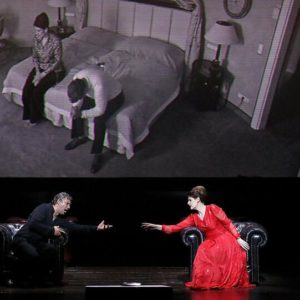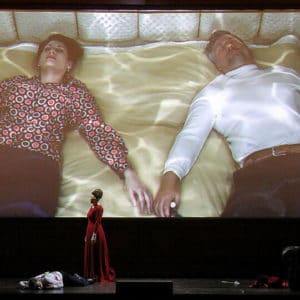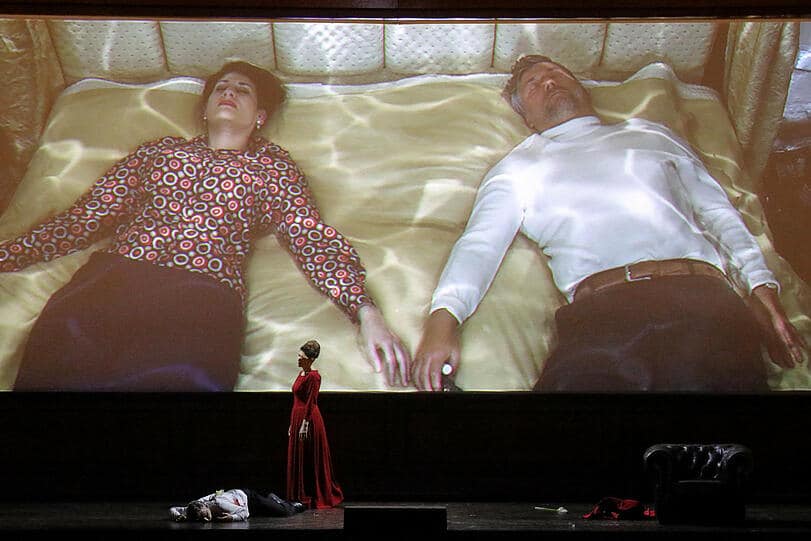Jonas Kaufmann’s Tristan: first review
NewsRobert Braunmüller in the Munich Abendzeitung acclaims the new Tristan und Isolde musically as the most impressive since Leonard Bernstein’s long-ago concert performance.
But he has reservations about Jonas Kaufmann in the male title role:
Jonas Kaufmann is not an ideal Tristan. The baritone colouring of his tenor suits the role. But after the duet in the second act, he became overly cautious… in the third act the singer didn’t risk anything… Kaufmann’s Tristan remains a test of courage: He passed it, but not with flying colors. In the interests of the rest of his repertoire, Kaufmann would be well advised to only sing the role as an exception…

Read on here.
UPDATE: Süddeutsche Zeitung’s review is slightly wierd:
What a wonderful costume! Anja Harteros sings as Isolde in the Bavarian National Theater and wears wide black trousers with a yellow blouse. Later, the adored Tristan helps her – Jonas Kaufmann is always adorable that evening – in a black floor-length coat with gold brochures on a white background and a lining in magenta. What a color orgy!
In the second and third act of Richard Wagner’s brilliant love search opera “Tristan und Isolde”, Harteros then only wears red. That mixes wonderfully with her first outfit, which she still pretends to be an elegant lady of the world from which she soon escapes with her life-like Tristan.







Comments